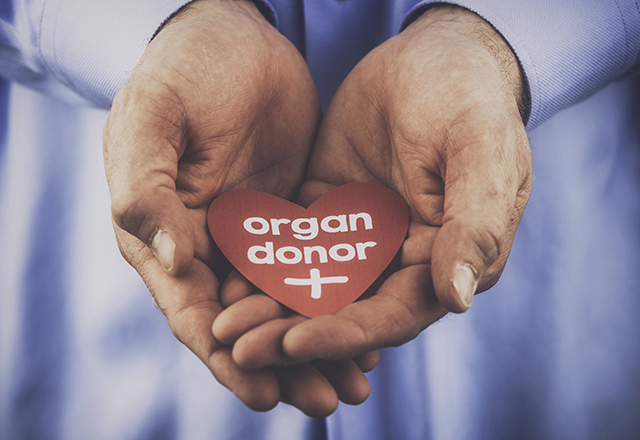For those on the waiting list for organ donation, the concept of mortality and struggle are nothing new. When we were told to quarantine and practice physical distancing, many of us felt that strange sense of stagnancy, that lack of clarity of what the future can bring. Sadly, patients waiting for transplants are well accustomed to the reality of not knowing what tomorrow holds. For them, the pandemic adds another layer to an already complex and challenging situation.
COVID-19 is a powerful reminder that health is not a universal right, and that people can be deeply affected by uncontrollable forces such as disease. Organ donation already presents immense problems, and strains our health care system. The scarcity of available organs for transplant is well-documented, and causes immeasurable stress upon those waiting. The search for the right match, the ethical considerations in procuring and transplanting organs, the incredible financial burden, and the bond that is permanently created between the donor and recipient are all hallmarks of the process.
The pandemic has brought more challenges. Living donor donations have plummeted since the onset of the pandemic, and for a period from April to July, the Association of Transplant Surgeons suspended all living donor donations. This directly impacted wait times for organs, especially in African American communities. With the advancement of the pandemic, crucial programs that help combat systemic racism in the transplant field have come to a halt — leaving many patients without an option for receiving a healthy organ.
Imagine being presented with this decision: You are eligible for an organ that can save your life. However, the immunosuppressants you must take to avoid organ rejection following the surgery make you more vulnerable to contracting COVID-19. What would you choose? Studies show that a common risk factor among young adults hospitalized for COVID-19 was a reliance on immunosuppressants following organ transplant. A large emphasis has been placed by hospitals on ensuring that the operations within the hospital are safe enough to sustain organ procurement, but this is only half the battle. An entire segment of medical care is left to be addressed, such as the effect of immunosuppressant medication during a pandemic and financial burdens on families further aggravated by the resulting economic recession.
This pandemic has undoubtedly been challenging for everyone, and with rising cases every day, it is clear that COVID-19 is here to stay. However, for patients waiting for organs, suffering and mortality have been normalized throughout their journeys. The pandemic adds another layer to their struggle that must be realized by all those involved in their care — from within the walls of the hospital to outside in their communities.
Related content
- Chasing Cancer: How the COVID-19 Pandemic Affects Cancer Outcomes
- COVID-19 Healthcare Disruption and Potentially Unreported STIs
- Psychiatric Perspectives in an Era of COVID-19
Want to read more from the Johns Hopkins School of Medicine? Subscribe to the Biomedical Odyssey blog and receive new posts directly in your inbox.
